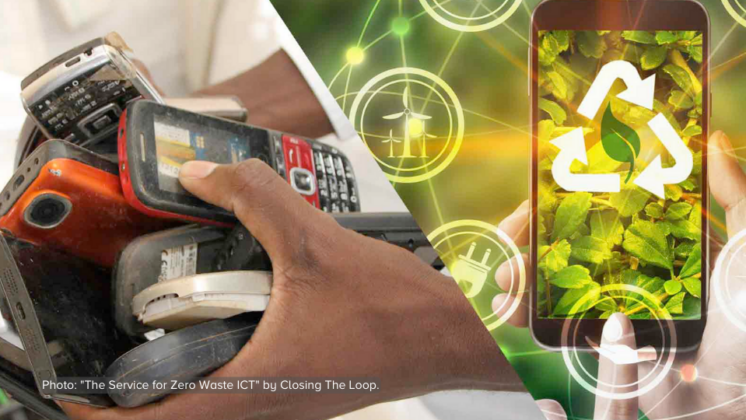The current legal framework fails to ensure information about dangerous chemicals entering the material cycles of products. In a new report of ClientEarth and European Environmental Bureau (EEB), it is argued that existing legislation should be adapted in order to protect human health and the environment.
Legislation is particularly relevant in the context of the circular economy. In 2015, the European Union set the transition towards a circular economy as a priority. Goods should be re-used, recycled or repurposed. Limiting hazardous chemicals to enter the life cycle in the first place is essential in protecting human health and the environment.
According to a ClientEarth lawyer: “Allowing dangerous chemicals in a circular economy would mean infinite exposure of people and the environment to toxics, and perpetuating the mistakes from the past.”
The report of ClientEarth and EEB ‘Keeping it Clean’ analyzes the strengths and weaknesses of EU legislation on chemicals, product and waste, and offers recommendations to improve the legal framework. Laws should be equally protective for products made from recovered materials as when they are made from virgin materials.
Read more about this here.








